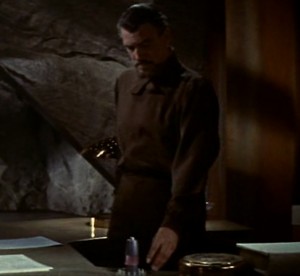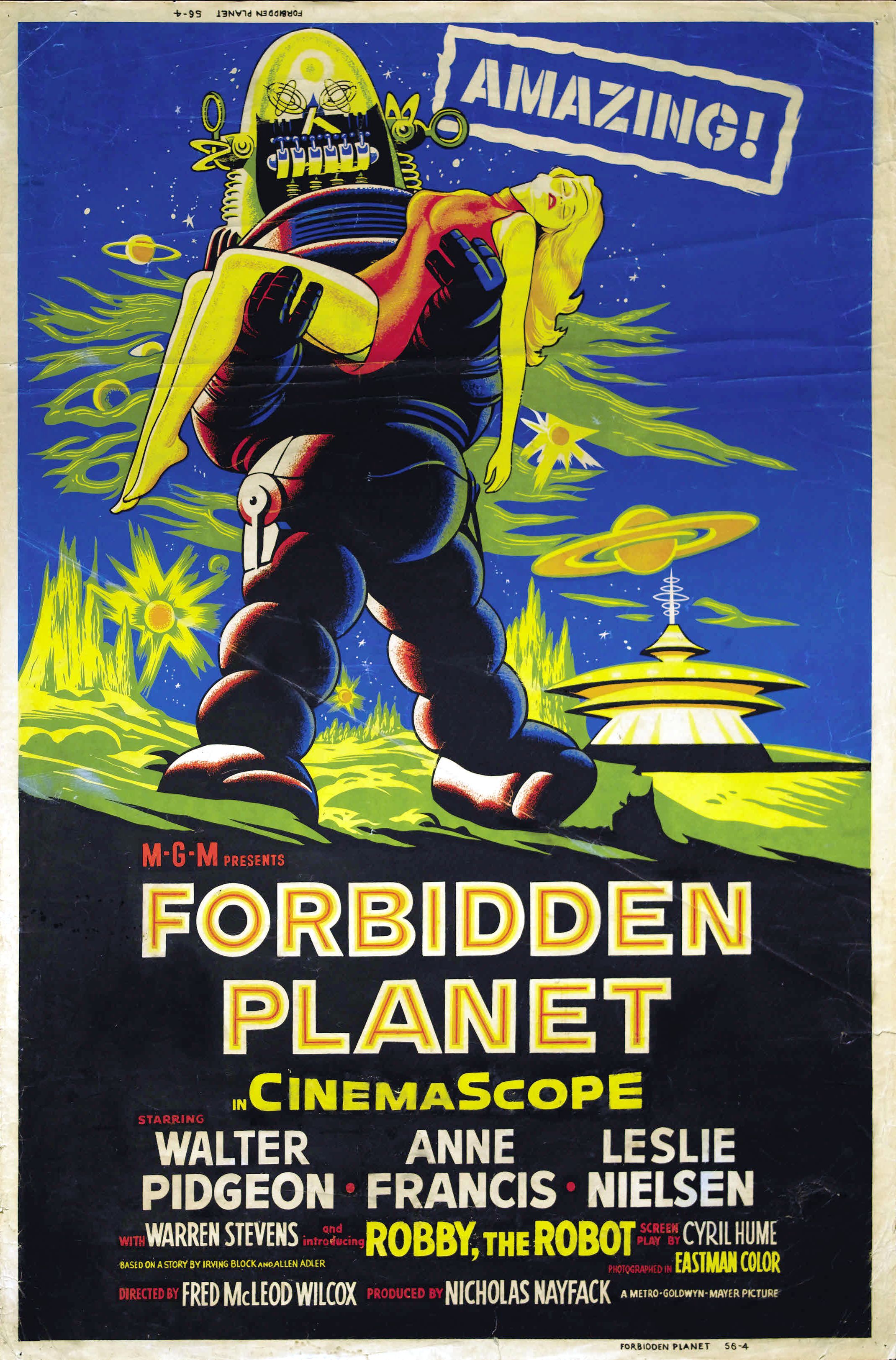Originally published in b0tzine, issue one.

I can pinpoint the exact moment responsible for my love of electronic music. It happened in the 80s, after my family got our first VCR. It felt like we were the latest adopters in the world — as if my friends had been watching videocassettes for my entire life while I languished in my cable television squalor. Being a well-adjusted, popular kid, I immediately began devouring every bit of recorded science fiction I could get my hands on, from the Star Trek pilot “The Cage” to Disney’s trash opus, The Black Hole (1979) with its glowing red robot that so terrified my young heart.
At this age I was obsessed not just with space, but with all things alien. Stories of encounters with alien intelligence thrilled me and scared me. I had concocted a story — or memory — of my own encounter with a shadowy figure that loomed over my bed in a moment of half-consciousness; it was quite obvious to me this was not any mere dream but a genuine creature from beyond the earth. More obvious was that space visitors would be a part of our future. It was just a matter of time before they came out of the skies en masse, and we could only hope it was more Close Encounters of the Third Kind (1977) than what I’d seen on TV’s War of the Worlds.
And so we come to Forbidden Planet (1956). I am sure I rented it because of the robot on the cover. Robots drew me in then as surely as a come-hither look would today; actually, robots pretty much still have the same effect on me now. This film stars a young, very serious Leslie Nielsen and is actually an adaptation of Shakespeare’s The Tempest (only in space). I didn’t care about any of that though, just that it had a robot.
In Forbidden Planet, a crew of handsome, upstanding, White American Heroes land on the faraway planet of Altair IV. There they discover the only survivors of the spaceship Bellerophon: spooky old Dr. Morbius, played in a style vaguely reminiscent of Doctor Who villain The Master by character actor Walter Pidgeon; the aforementioned Robby the Robot; and Morbius’ beautiful daughter, Altaira, played by Anne Francis. There’s the usual tension you’d expect from this arrangement, with Morbius fighting handsome, young (and very serious) Leslie Nielsen for his daughter’s affections.
Except that Dr. Morbius has been experimenting with Things Man Was Not Meant to Know, namely the lost technology of Altair’s dead alien race, the Krell. An invisible entity begins to haunt our heroes and so the Captain and his men confront the villain in his study. Then the moment comes — after an expository infodump about Altair IV’s lost alien civilization, and just before taking the crew into an underground alien city, Morbius casually plays a Krell recording on a glowing device.

That was it — goddamn future music — ambient atonal blips and bleeps obviously designed to sound “weird” to audiences of 1956. But to my more contemporary but immature mind, this was clearly what we’d all be listening to when we found that ancient, lost alien spaceship in a crater somewhere and took to the stars. We’d all be wearing silver jumpsuits, hanging out with robots, and listening to music just like this.
I know now that the movie’s score was composed by Louis and Bebe Barron, a couple hired by chance from out of a Greenwich Village nightclub, and Forbidden Planet sounds deliciously weird throughout. It is considered the first electronic film score, though these non-union composers are credited for ‘Electronic Tonalities’ rather than music. I knew none of this back in the 80s as I watched this film over and over on repeated rentings. What I knew I was that this was no “Eep Opp Ork Ah-Ah (Means I Love You);” this sounded like nothing else I’d ever heard and I knew if I wanted to live in the future I just had to like it.
This youthful discovery led to desperate attempts to tune into Musical Starstreams on late night car trips while explaining to my exasperated mother how much I loved “Space Music.” It led to driving my family crazy by cranking up the soundtrack to Metroid on the Nintendo Entertainment System. And then, after a brief period of confused teenage experimentation with Moby, it leads directly to the drug-soaked raves and Burning Man events I attend today. There’ve been nights where I suddenly found myself wearing shiny spacepants and waving a soap-bubble spewing blaster gun while a theremin played or a DJ spun some “chiptunes.”
Louis and Bebe Barron, I blame you. What hath your music wrought?
